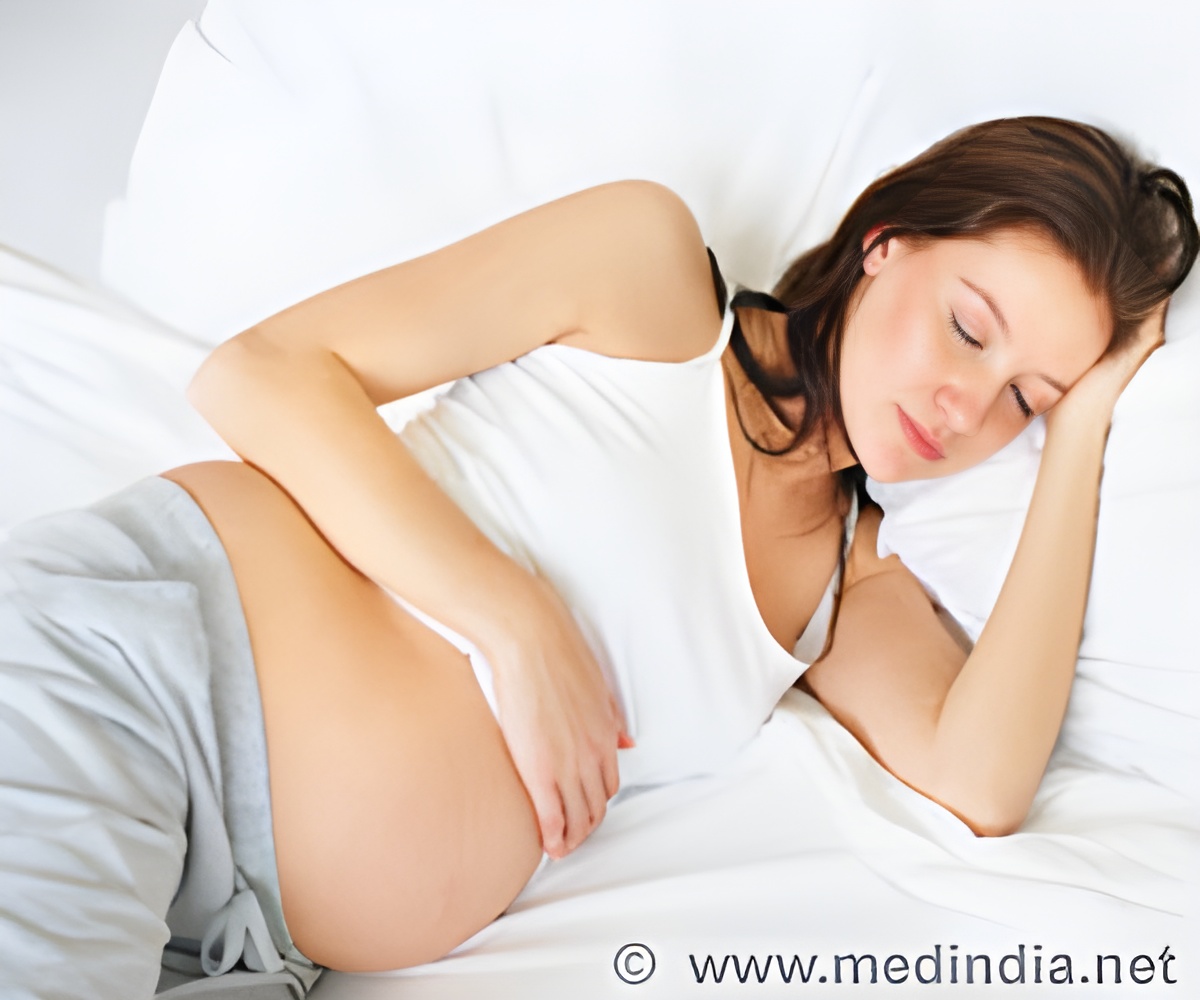
The new study found a link between gestational diabetes and sleep apnea, which causes brief interruptions in breathing during sleep. If sleep apnea goes untreated, it can raise the risk for stroke, cardiovascular disease and heart attacks.
"It is common for pregnant women to experience sleep disruptions, but the risk of developing obstructive sleep apnea increases substantially in women who have gestational diabetes," said Sirimon Reutrakul, MD, who conducted the research at Rush University Medical Center in Chicago. "Nearly 75 percent of the participants in our study who had gestational diabetes also suffered from obstructive sleep apnea."
In a series of observational case control studies, researchers monitored 45 women for sleep apnea and other sleep disruptions. The research examined sleep health in 15 pregnant women who had gestational diabetes, 15 pregnant women who did not have the condition and 15 women who were not pregnant and did not have diabetes.
The study found a strong association between obstructive sleep apnea and gestational diabetes in this group of mostly overweight or obese women. Pregnant women who did not have gestational diabetes were able to get an additional hour of sleep and had less fragmented sleep than women who had gestational diabetes. Past research has shown lost sleep, fragmented sleep and shorter periods spent in deep sleep – all symptoms of sleep apnea – are likely to raise the risk a person will develop diabetes.
"Based on these findings, women who have gestational diabetes should be considered for evaluation for obstructive sleep apnea, especially if other risk factors such as hypertension or obesity are present, and women already diagnosed with sleep apnea should be monitored for signs of gestational diabetes during pregnancy," Reutrakul said.
Advertisement
Source-Eurekalert















